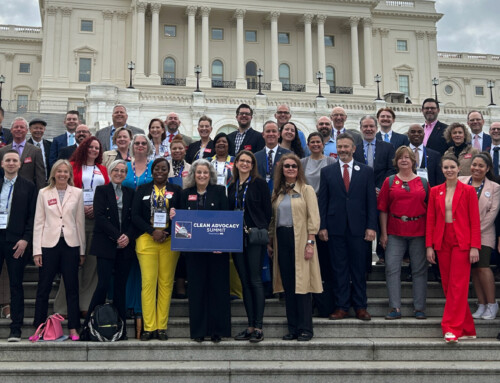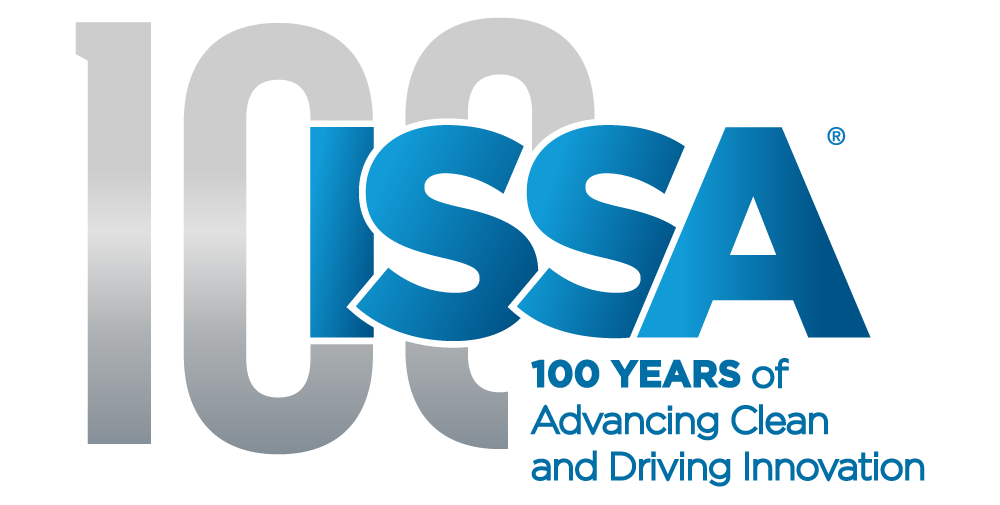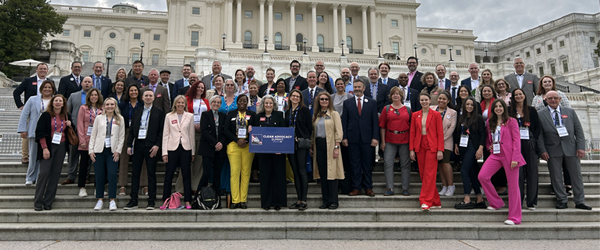Looking For Workers?
According to the Society for Human Resource Management (SHRM) more than 7.8 million jobs need to be filled by 2020. This is especially true for the cleaning industry where it is becoming increasingly difficult for employers to find enough employees to fill their job openings. A lack of immigration reform, state minimum wage increases, and the rise of the gig economy combined with the increased demand for cleaning services has made the situation very difficult for cleaning service providers.
At the same time, nearly 700,000 inmates are released from prison yearly, but “even if they’re qualified, rehabilitated, and ready to work,” they are often not considered for these jobs. While the Pew Research Center stated that employees with records “are no more likely to commit workplace crimes than hires without them,” those who cannot find employment to support themselves and their families see recidivism rates soar, to a five-year rate of 76.6% according to the Bureau of Justice.
In December 2018, U.S. President Donald Trump signed the bipartisan The First Step Act into law which helps gives non-violent ex-offenders a second chance. On June 13, Trump furthered these efforts, calling for a combined agency, private sector, and nonprofit effort to advance second chance hiring so that qualified applicants who have criminal backgrounds can have the same opportunities to secure employment as those who do not.
Second chance hiring could create what SHIRM’s CEO Johnny Taylor calls the “perfect storm” for improving these issues within the cleaning industry. Reintegrating those with criminal histories into the workforce would reduce both job vacancy and recidivism rates and produce secondary effects of higher living standards for ex-offenders, reductions in the amount of taxpayer money going towards welfare services, and increased safety in our communities.
There are many programs at the state level that guide employers toward job searchers with criminal histories. Illinois for example offers employer incentives such as fidelity bonding and tax credits, as do other states. If you are considering hiring ex-offenders, the Federal Bureau of Prisons will also be running a new program to help employers hire inmates upon their release. Additionally, if you have questions regarding background checks, interviewing, or negligent hiring, consult SHRM’s Getting Back to Work toolkit.
There are also many opportunities to partner with nonprofits to train and hire ex-offenders in the cleaning maintenance space. Bethel New Life in Chicago’s West Side neighborhood runs a variety of re-entry programs and have sent ex-offenders into janitorial jobs in the past. About seven miles east, Cara partners with ABM to provides proprietary commercial janitorial courses. Learn more about nonprofit reentry programs here.
ISSA is a proud member of the Getting Talent Back to Work Coalition because we believe it is unfair for those who have already served their time to be “‘re-sentenced’ by employers.” Since 2010, we have brought custodial training programs to county prisons with transferable skills like “chemical safety, carpet care, cleaning hard floored surfaces and bathrooms, and custodial service operations” and certifications so that inmates emerge with “the knowledge and confidence to pursue a career” in the cleaning industry.
To hear more about the state of labor please join us at the ISSA Show North America in Las Vegas on November 20 for a presentation on the subject. ISSA will continue to educate and engage members on policy issues impacting the cleaning industry now, and those that might be coming on the horizon.
During the coming months, ISSA will be expanding its advocacy efforts, rolling out new resources, and engaging policymakers on this, and other issues, affecting the entire cleaning industry.
For more information:
- Kim Kardashian West at White House on Hiring ex-prisoners: “These People Want to Work”
- Got a Criminal Record? Will hire: Businesses Pledge to give Formerly Incarcerated a Chance
- Trump Promotes “Second Chance” Initiative to End Ex-Prisoners’ Unemployment Crisis
- President Donald J. Trump Is Helping Americans Gain a Second Chance to Build a Brighter Future
- Matching Ex-Offenders With Hard-To-Fill Health Care Jobs
- Video: Entrepreneurship A Road to Re-Entry For Some Ex-Offenders

















